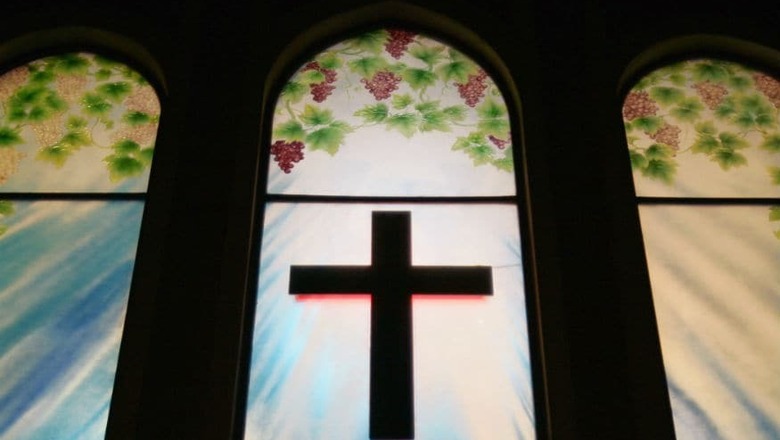
views
Thiruvananthapuram: The draft bill to regulate its properties and institutions in Kerala has not gone down well with different sections of the Church.
Following a meeting with church leaders, Kerala chief minister Pinarayi Vijayan, in a statement on Wednesday said the government did not intend to implement the Church Act.
He said the Kerala Law Reforms Commission, headed by former Supreme Court judge KT Thomas, had prepared the Kerala Church (Properties and Institutions) Bill, 2019, without consulting the government.
The Kerala Catholic Bishop’s Council (KCBC) said the bill was prepared on a false pretext and had written to the commission after the draft was put up on the panel’s website inviting suggestions.
The bill, mooted by the law reforms commission, seeks to ensure fair and transparent administration of the church properties, and end mismanagement by subjecting churches to a process of accounting.
The bishop’s council has issued a circular in this regard to be read out in churches.
The circular read, “The statement in the draft that there is no law to handle the property of the church is wrong. At present, the property is handled according to the civil laws of the country and the laws of the church. There is a system in place and a civil court or the church authority concerned can be approached if there is any violation. The bill is drafted on the false pretext that a new law is required to handle the properties of the church in a transparent and lawful way.”
The circular said that neither the church, nor any recognised organisation of believers had demanded such a law. The circular read, “Demands expressed by some people with ‘Christian names’ and their namesake organisations could be due to personal reasons or with the aim of humiliating the Church. Their opinion is not the general opinion of the people in the community and based on their demands, such a law should not be formed.”
The circular also raised doubts if there was a dubious agenda behind the bill.
The circular even referred to Article 26 of the Indian Constitution which ensures right to freedom of religion and says that members of religious groups should be able to decide on who governed properties of the group.
Biju Ommen, secretary of Orthhodox Sabha, said the proposed bill will weaken the constitution of the Church. “The draft bill talks about appointment of a tribunal to look into the matters if there is a dispute. At present, we have a system and the appointment of a tribunal will affect the normal functioning of the Church and the diocese,” Biju Oommen said.
The bill, in its present form, has been rejected by even many of those who are advocating the implementation of a law that will deal with the management of church properties.
George Joseph K, the chairman of Kerala Church Act Action Council, said the bill was not acceptable to them as it did not talk of setting up a democratic body to look into the matters of concern.
“The essence of the law is lost if there is no democratic body to rule the institutions. The draft bill in 2009 by the them Kerala law commission headed by justice V R Krishna Iyer had dealt with all these aspects “
Advocate Indulekha Joseph, vice-chairperson of the action council, said, “The bill speaks about transparency and fairness in the administration of the properties and funds of churches in Kerala, but fails to address the issues as to whom the property is vested or by whom it is to be administered. There should be a committee at the parish and diocese-level with elected representatives along with priests and they should manage the properties.”
According to the bill, the power will remain vested with the church and this will again lead to a select few being in power, she said, adding not having a law was a much better option than implementing the draft bill in its present form as it defeated the purpose.
Indulekha said, “All account statements and documents pertaining to monetary transactions regarding the church properties should be brought under the ambit of Right to Information Act.”




















Comments
0 comment